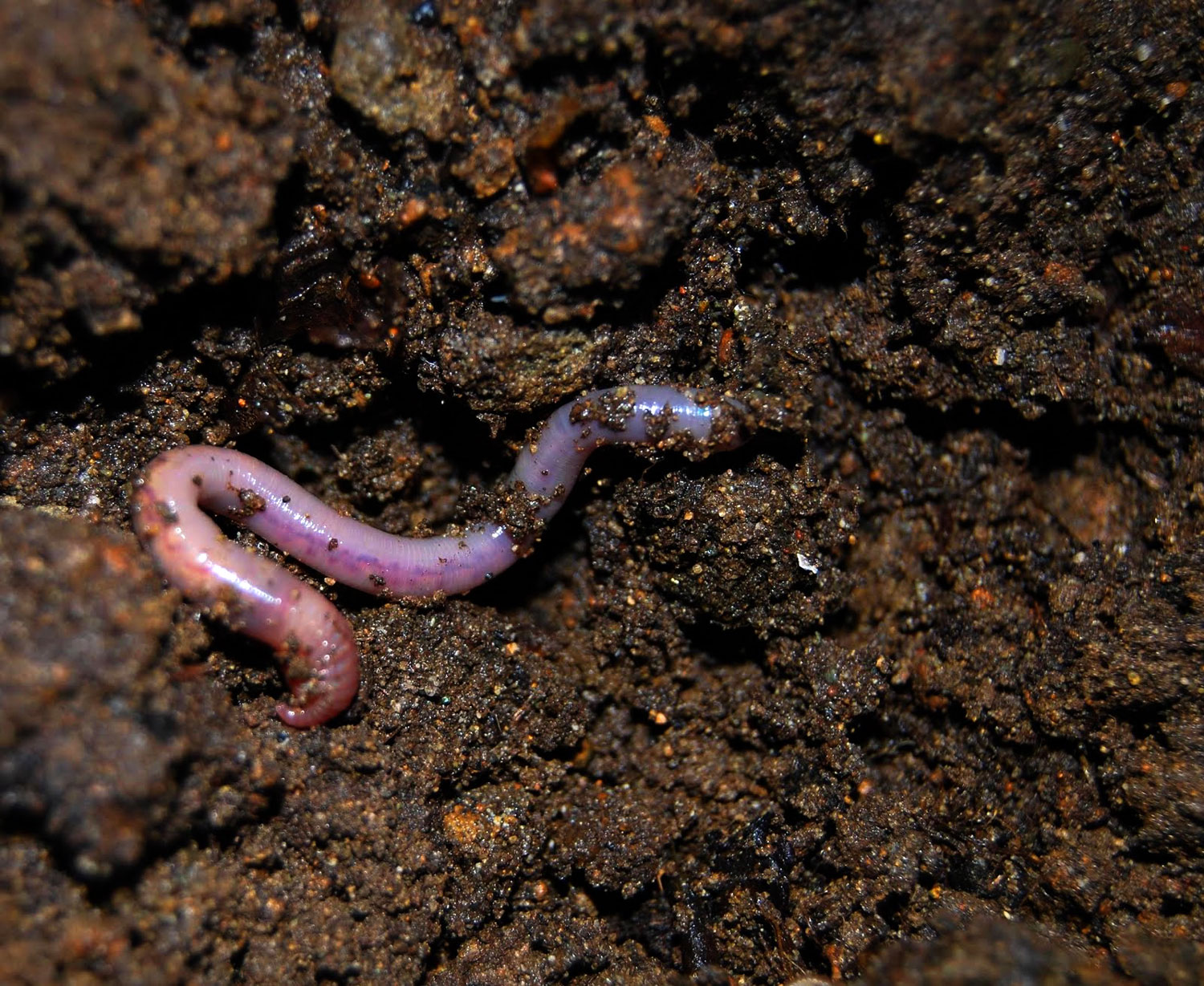The global food system has been operating in post-truth mode for decades. Having constructed food scarcity as a justification for a second Green Revolution, Big Agriculture now employs its unethical marketing tactics to selling farmers “climate-smart” agriculture in the form of soils, seeds and chemicals.
The cover of Monsanto’s 2016 annual report, A Limitless Perspective, presents a vista of galaxies worthy of a George Lucas production. The brightest star is an A$88 billion merger with German chemical company Bayer, to be finalised this year.
Critics have described this as a “marriage made in hell”. They fear the new mega-corporation will impose even more pesticides and genetically modified seeds on the world’s farmers.
Monsanto’s oft-stated aim is to “consolidate the entire food chain”. That means a corporatised food regime that concentrates knowledge and power in the hands of a few.
This cedes control of food security to profit-making companies. The democratic governance of food and agriculture policy is under threat.
The cover of Monsanto’s 2016 annual report, A Limitless Perspective, presents a vista of galaxies worthy of a George Lucas production. The brightest star is an A$88 billion merger with German chemical company Bayer, to be finalised this year.
Critics have described this as a “marriage made in hell”. They fear the new mega-corporation will impose even more pesticides and genetically modified seeds on the world’s farmers.
Monsanto’s oft-stated aim is to “consolidate the entire food chain”. That means a corporatised food regime that concentrates knowledge and power in the hands of a few.
This cedes control of food security to profit-making companies. The democratic governance of food and agriculture policy is under threat.




